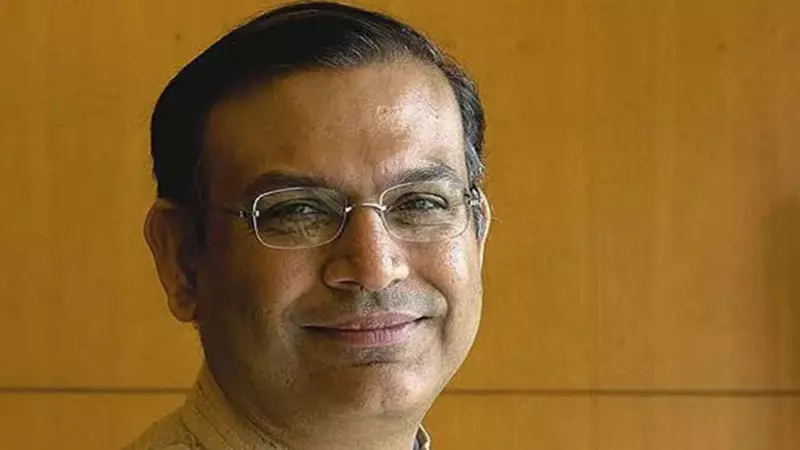
Former Minister Sounds Alarm on India's Green Funding Challenge
Raising international capital to finance India's ambitious decarbonisation plans is an exceptionally difficult task, according to former Minister of State for Finance Jayant Sinha. His stark warning comes as global leaders convene for the COP30 climate meeting in Brazil, highlighting the significant financial hurdles facing developing nations in their climate transition efforts.
The Massive Funding Gap for Climate Action
Sinha revealed that India requires between $50 billion and $100 billion in additional corporate capital expenditure during this decade alone to stay on a meaningful decarbonisation pathway. However, he expressed serious concerns about meeting this target, noting that corporate investment in India has remained stagnant in recent years.
The former minister referenced a recent study by former Reserve Bank of India Deputy Governor Rakesh Mohan and former Executive Director Janak Raj, which pegged India's annual climate finance needs at $54 billion for the 2022-2030 period. This figure appears modest compared to the Larry Summers and NK Singh-led expert group estimate, which projected that developing countries collectively need $3 trillion in additional annual spending by 2030.
Global Capital Prefers Developed Markets
Sinha, who currently serves as President of sustainable investment firm Eversource Capital, provided firsthand insight into the challenges of attracting international funding. Global capital shows little interest in India's capital-intensive infrastructure projects when more lucrative opportunities exist in developed markets like the United States, particularly in high-return sectors such as artificial intelligence.
"I am in the middle of this set of issues in terms of raising capital... And it is very, very difficult," Sinha stated emphatically. "Global capital, frankly, just looks at it and says 'If I can put capital in an AI data centre in Virginia and get 18 per cent dollar return, why would I go for 15 per cent rupee IRR?' No fiduciary, no pension fund, no insurance company is going to put money."
Domestic Solutions for Climate Destiny
Given the reluctance of international investors, Sinha emphasized the critical need to mobilize large pools of domestic capital to ensure India controls its own climate destiny. The theoretical question of whether global capital can fill funding gaps of $15 billion or $54 billion becomes irrelevant when practical investment realities are considered.
To achieve India's net zero emissions target by 2070, Sinha warned that the country must accelerate its decarbonisation efforts significantly. He projected that coal-fired power plants would need to be shuttered by the mid-2040s, requiring a much more aggressive approach than current government plans envision.
"We have to be on a very different decarbonisation trajectory from what the government is saying," Sinha asserted. "For the other industrial sectors beyond power, there is no baseline case right now. The Net Zero 2070 projections have to be much sharper."
The former minister's comments highlight the urgent need for comprehensive climate finance strategies that address both the scale of investment required and the practical challenges of attracting capital for India's green transition.





